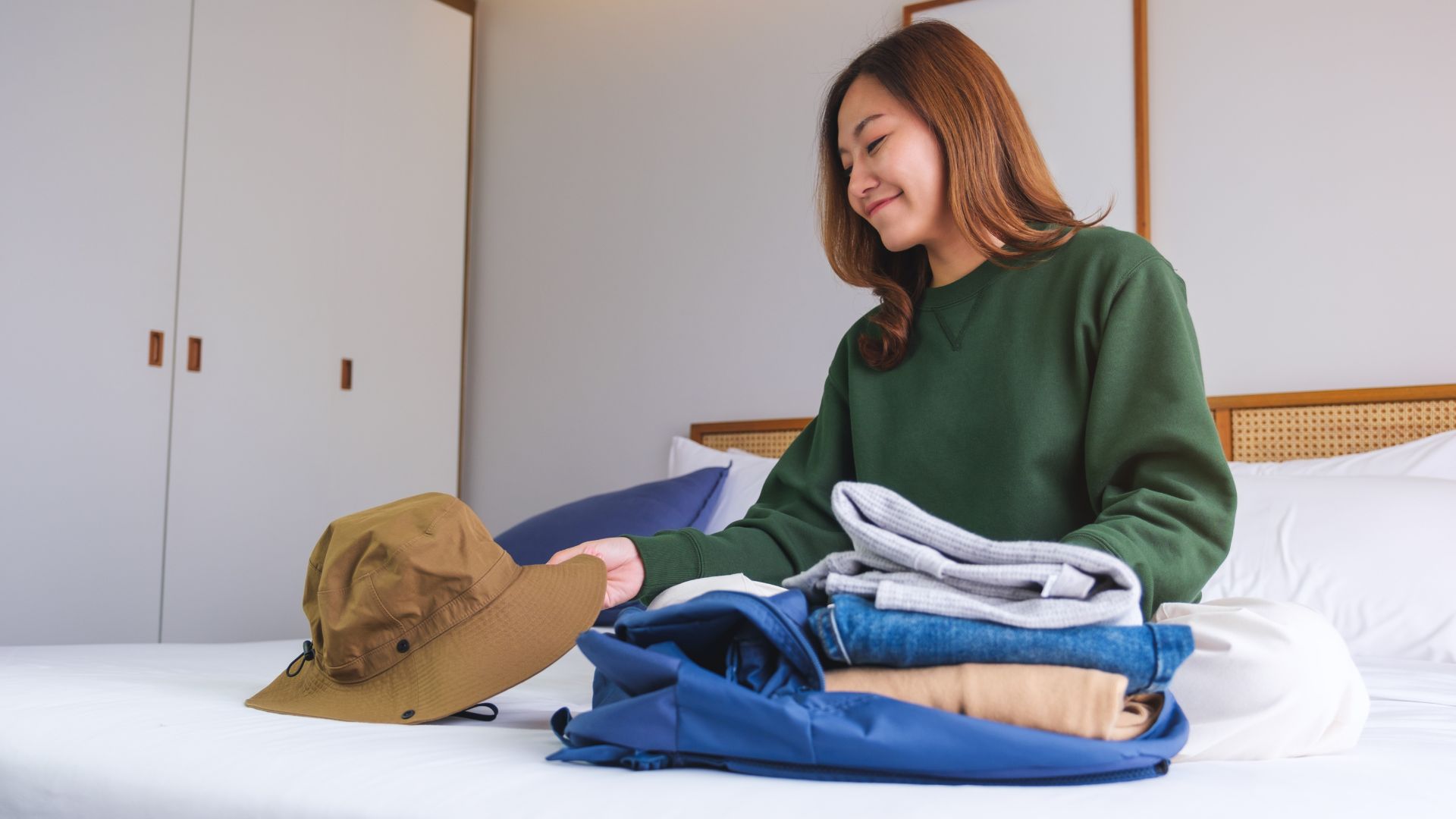There are a lot of great things about being an adult. The freedom, the personal choices, and the capacity to make your own decisions. It becomes a point in life where you’re able to experience being an individual. With things like budgeting, commuting alone, and planning your schedule, there are a lot of milestones that come with being an adult.
Arguably, an underrated part of being an adult is the clothing, where you get to have a more expanded capacity to think about what you want to wear on a daily basis. Gone are the days when your parents would buy a t-shirt or pants for you every so often. Now, you get to decide what outfits and pieces you specifically want to wear.
This aspect of adulting can actually surprise you, since it’s not exactly an anticipated part of it, unlike things like driving or getting a valid ID. Regardless, it can be daunting to figure out where you want to begin with your wardrobe as a young adult. Luckily, there are a few ways you can start doing so.
1. Assess What You Already Own

Just because you have the physical and maybe financial independence to start buying new clothes does not mean that you should. Buying clothing on impulse without a clear plan will drain your bank account faster than you can enjoy all your new clothes.
Instead, start from the beginning, and start with what you already own. In your near two decades of existence, you most likely have amassed an assortment of clothing that you lean towards often. Check what pieces you often wear and what you don’t. Begin to separate these two piles to get a clear idea of what you already like to wear.
Doing this will allow you to understand where you currently stand in terms of your wardrobe and create your wardrobe starting point, which is ready to expand later down the line.
2. Check Hand-Me-Downs From Family
Sometimes, family can be a great gift. If you have the benefit of being the youngest or your parents have amassed a sizable collection of clothes that they don’t wear, it’s a great idea to check on the pieces that could be a part of your wardrobe instead. Chances are, if they don’t already wear it often, they’ll be more willing to give it to you.
It’s not a bad idea if you think about it, because it’s a win-win for everybody. Your parents or siblings have one less clothing item to consider in their wardrobe, and you have successfully added a piece to your wardrobe without needing to buy anything. It’s cost-efficient and environmentally friendly.
3. Identify The “Uniforms”

The idea of “uniforms” doesn’t need to be in a literal sense, though it can be. The idea is that you also need to identify what pieces of clothing are intention-specific, as in they have a specific purpose in mind. In the sense of an actual school or work uniform, you need to identify that you need to purposefully buy those pieces.
However, it also works to identify the pieces of clothing that are used for other purposes. For example, if you’re an avid gym-goer, it might be useful to start buying true compression shirts and gym shoes instead of relying on a ratty t-shirt and old sneakers. The same goes if you have upcoming excursions to the beach or the pool.
Take note of your “uniforms,” i.e., the clothing that you need to buy for a specific purpose because they are arguably the first “new” pieces that you should add to your decently-sized wardrobe, as they’re the least likely pieces that you’ll regret.
4. Get Some “Inspiration”
It would not be smart if you didn’t use the internet at all in finding your personal style, but it would also not be smart if you haphazardly bought everything you saw online just because they fell under your chosen “aesthetic.” The answer is naturally in moderation, where you should simply use the inspiration as a guiding light while keeping yourself firmly grounded to where you’re already at.
It’s likely that the clothes you already own and like already tell a story of what your fashion style is, albeit in a rugged and rough sense. Listen to it, figure out why exactly you like those pieces, and reference it with your online inspiration to create a smart but well-informed guide on how to bridge your dream aesthetic into reality.
5. Experiment

Fashion is an art, and like most art, it is a process of trying what you like and what you don’t like. Experimenting is going to be your biggest asset here, because you’re not going to figure out what you like unless you actually try. Learn to step out of your comfort zone and figure out first-hand what outfits you like or don’t like.
The biggest lesson that you can learn from finding your personal style is to be okay with failing. Sometimes, you’re going to put an outfit together that isn’t the best, and that’s okay, because it’s natural. You’re going to have days where the outfits or clothes that you wear don’t make you feel the best, and that’s good. It’s a lesson for next time, and now, you have a better idea of what clothes make you feel good or not.
Clothing can be a tricky thing to get right, especially in our aesthetically driven world of today. But that’s what adulting is—trying to figure out things for yourself and learning more about what you want. The greatest gift of adulting is giving you freedom and individuality, so make the most of it and have fun.







